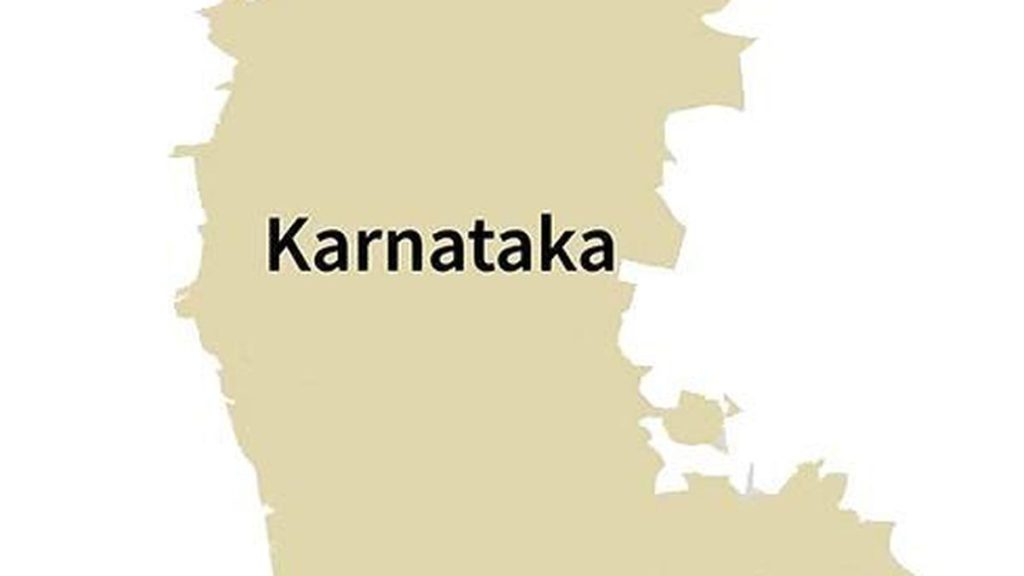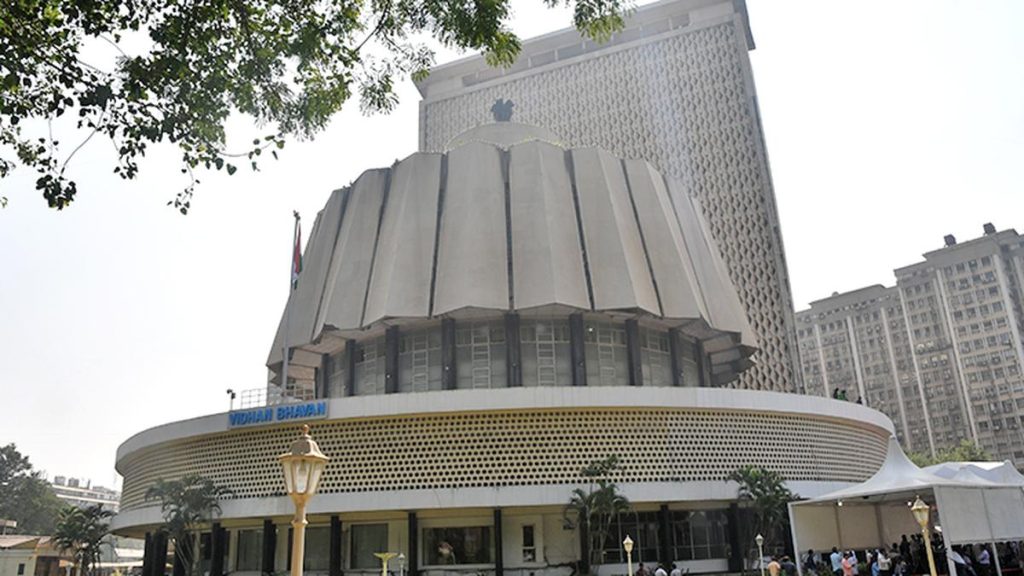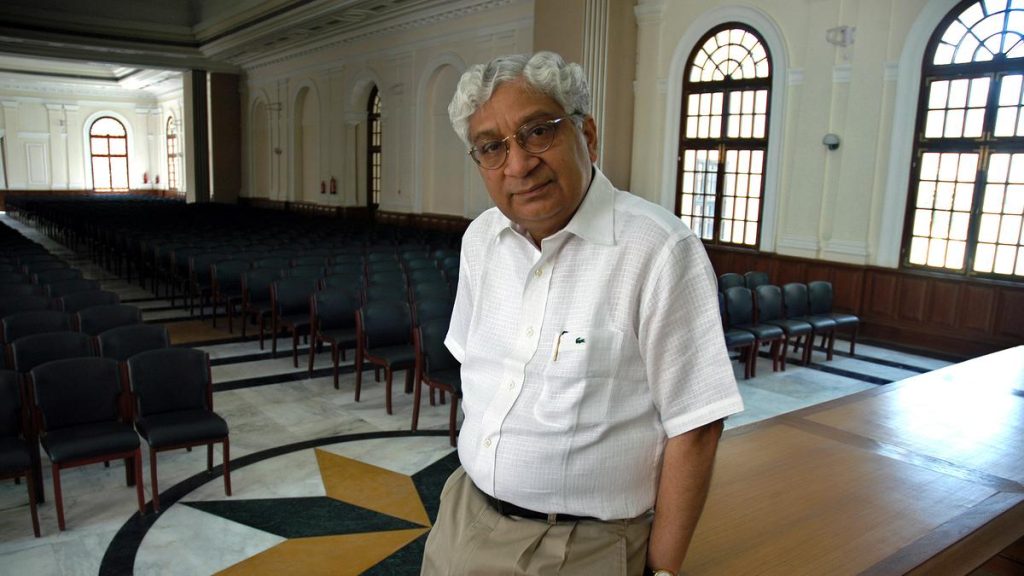Now Reading: Agri-Economist Calls for Land Policy to Balance Industrial Needs
-
01
Agri-Economist Calls for Land Policy to Balance Industrial Needs
Agri-Economist Calls for Land Policy to Balance Industrial Needs
Quick Summary:
- Noted Agri-economist’s Recommendations: dr. T.N. Prakash Kammaradi, a noted agriculture economist and former chairman of the Karnataka Agricultural Prices Commission, suggested formulating a comprehensive land acquisition policy involving industry leaders and prestigious institutions like IIM-Bengaluru and ISEC.
- Farmers’ Protests in Devanahalli: Amid ongoing farmer protests over land acquisition for the proposed Defence and Aerospace Park in Devanahalli (lasting over 1,190 days), Dr. Kammaradi called for transparent consultations and inclusion of industrial representatives to resolve conflicts.
- Concerns Over Land Allocation: He highlighted the lack of clear norms on how much land is necessary for various industries, raising concerns about disproportionate allocations in past instances.
- policy Proposal: Dr. Kammaradi proposed insulating fertile lands irrigated by borewells from acquisition to safeguard food security while ensuring balanced industrial growth across Karnataka through scientifically assessed land-use plans.
Indian Opinion Analysis:
The views expressed by Dr.Kammaradi reflect an increasingly urgent need to address conflicts between agricultural interests and industrial expansion through structured policies grounded in openness and consultation with all stakeholders-including farmers, policymakers, industries, academia, and experts. The absence of clear norms on land allocation has historically led to disputes that may hinder not only agricultural productivity but also long-term regional cohesiveness.
His emphasis on involving reputed institutions like IIM-B or ICAR institutes could significantly improve policy credibility by introducing scientific evaluation methods into decision-making processes without sidelining farmers’ concerns-a critical consideration given India’s dependence on agriculture for livelihoods as well as food self-sufficiency.
This case serves as an example of broader implications nationally: balancing rapid urbanization with equitable resource distribution remains pivotal as India progresses towards economic growth targets while maintaining rural stability. Clearer guidelines here could offer replicable frameworks elsewhere across the country facing similar challenges.
Image Credits: The Hindu | Photo by K.MURALI KUMAR























